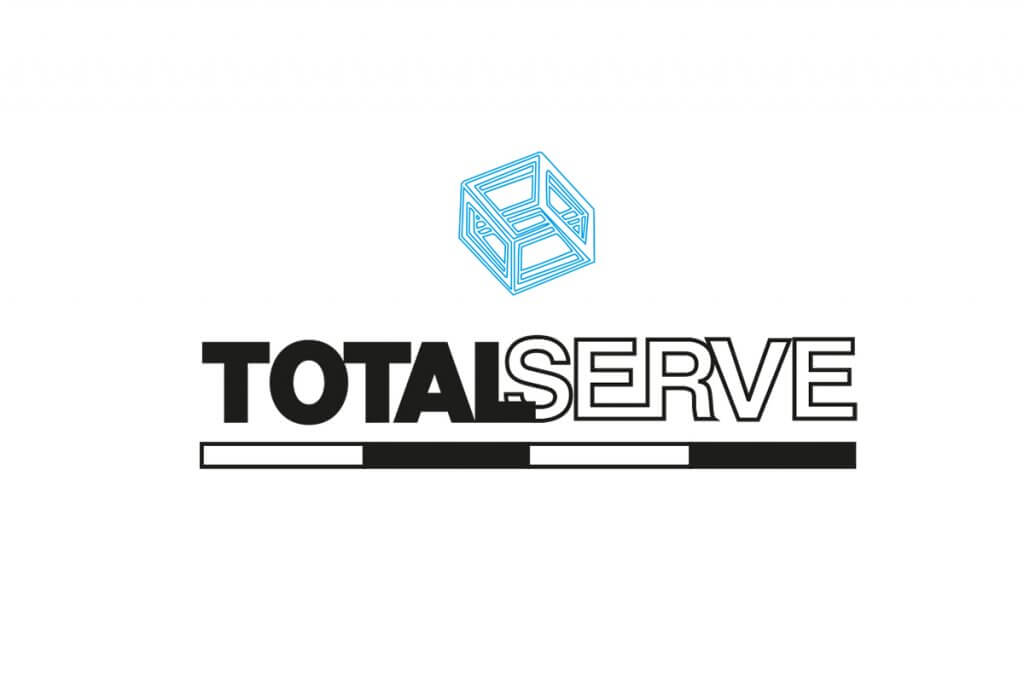New BVI Economic Substance Law

 What is it?… and actions to be done before the end of 2019
What is it?… and actions to be done before the end of 2019
It is well known by now that the British Virgin Islands (“BVI”) enacted The Economic Substance (Companies and Limited Partnerships) Act 2018 (“the Act”) with effect from 1 January 2019.
This is in response to the requirements of the EU Code of Conduct Group and BVI’s own commitment to tax transparency and compliance with relevant international guidelines. More specifically, this new Act is responsive to global OECD Base Erosion and Profit Sharing (“BEPS”) standards regarding geographically mobile activities. The relevant BEPS requirements are rapidly being implemented on a level playing field basis by all OECD compliant jurisdictions.
It is by no coincidence that other offshore jurisdictions like the Cayman Islands, Bermuda, Guernsey, Jersey, Isle of Man, Seychelles, Mauritius and Bahamas have also introduced similar legislations, with more offshore jurisdictions expected to follow as well.
Applicability
The Act applies to all companies and limited partnerships (excluding limited partnerships which elected not to have a legal personality) registered in the BVI under the BVI Business Act 2004 or the Limited Partnerships Act 2017, that are tax resident in the BVI, as well as on foreign companies and limited partnerships doing business in the territory of BVI (“affected legal entities”).
Excluded from the ‘economic substance test’ are legal entities that can demonstrate that they are tax resident in another jurisdiction which is not included in the EU list of non-cooperative jurisdictions.
In brief, the Act requires all affected legal entities that are tax resident in the BVI and that carry on ‘relevant activity’ to establish adequate and relevant economic substance in the BVI.
A relevant activity is defined by the Act as:
• Banking business
• Insurance business
• Fund management business
• Finance and leasing business
• Headquarters business
• Shipping business
• Holding business (of equity participations)
• Intellectual property (“IP”) business
• Distribution and service centre business
Economic Substance Test
Affected legal entities must demonstrate and pass the economic substance test on an annual basis.
Essentially, with the exception of pure equity holding entities (as described below), each affected legal entity, after taking into account the nature and scale of each relevant activity, must show that it is adequately ‘directed and managed’ and carries out ‘core income generating activities’ in the BVI. In order to adequately demonstrate this, the Act requires that such affected legal entities have:
• adequate direction and management in the BVI
• adequate number of suitably qualified employees physically present in the BVI
• appropriate physical offices/ premises in the BVI to support its core income generating activities
• adequate expenditure in the BVI
• in the case of an intellectual property business that requires the use of specific equipment, such equipment to be located in the BVI
Outsourcing of the income generating activity is permitted in certain circumstances but the activity must still be carried out from within BVI and the company to be able to monitor and control the carrying out of that activity by the other entity.
It is generally understood that in many cases of pure equity holding entities, carrying no relevant activity other than holding equity stakes (interests or shares) in other entities and earning only dividends and capital gains, the relevant entity will be deemed to have adequate economic substance if it complies with its statutory obligations and by having at least a local resident director in the BVI.
Reporting obligations
The Act makes changes to the Beneficial Ownership Secure Search System Act 2017 (“BOSS”), whereby, in addition to the existing requirement to contain information concerning the beneficial owners of BVI registered entities, it is now also required that companies and limited partnerships provide information on an annual basis (through their registered agent) about their tax residency status and activities.
Where entities are tax resident outside the BVI, they are required to specify the jurisdiction in which they are tax resident and provide evidence to support so.
With respect to a legal entity that carries on relevant activity and is tax resident in the BVI, for each relevant activity and the relevant period, additional details must be provided as follows:
Total turnover, expenditure incurred, employees engaged in the activity, employees so engaged in the BVI, address of BVI premises, nature of equipment used in the BVI, details of persons directing/managing the activity. For ‘intellectual property business’ and any outsourcing arrangements, certain additional details may be required.
This will enable the competent authority, being the BVI International Tax Authority (“ITA”), to monitor compliance and whether entities carrying on relevant activity meet the economic substance test as per the Act.
Criminal and financial sanctions (substantial fines) and potential strike-off the Registry are possible in case of non-compliance.
Automatic notification will be made by the ITA to the relevant overseas competent authority in respect of a legal entity which is found to be in breach of the economic substance requirements, or if it carries an IP relevant activity under certain circumstances, or if it claims to be tax resident in a jurisdiction outside the BVI.
Actions needed from a BVI perspective
With this new Act well into place, all BVI companies and affected legal entities would be expected to do the following before the end of 2019:
• Obtain relevant professional guidance and/or legal advice as to the extent that the entity is affected by the Act.
• Clearly identify how the entity is determined and classified within the context of the Act.
• Document the basis and reasons of such assessment in such a way that would satisfy the relevant BVI regulatory authority.
• Where necessary, to implement various substance related elements in BVI in such a way to make the company compliant with the Act.
Alternative options
If for whatever reason the BVI route is no longer a desired option, BVI companies can do certain other alternative actions. For example:
• Be redomiciled or move their tax residency to another efficient and practical jurisdiction (e.g. Cyprus).
• Be dissolved (via restructuring) or liquidated by transferring their assets and operations (where applicable) either to their shareholders or to another existing or new entity in another jurisdiction.
How can Totalserve assist?
Whereas Totalserve cannot directly provide BVI legal advice nor confirm whether any selected level of substance is adequate, for certain cases it can give a preliminary outline guideline of whether such economic substance may need to be implemented. Where requested by the client, Totalserve can refer the specific case for official BVI legal advice. Furthermore, Totalserve can directly assist by providing office and other substance related facilities, including director services and part time administrative employees, in the BVI. For more information, you may contact the author of this article.
Author:
Petros Rialas, BA, MSc, FCCA, TEP
Director
Head of International Tax Planning Dept.
TOTALSERVE MANAGEMENT LTD
www.totalserve.eu
[email protected]









